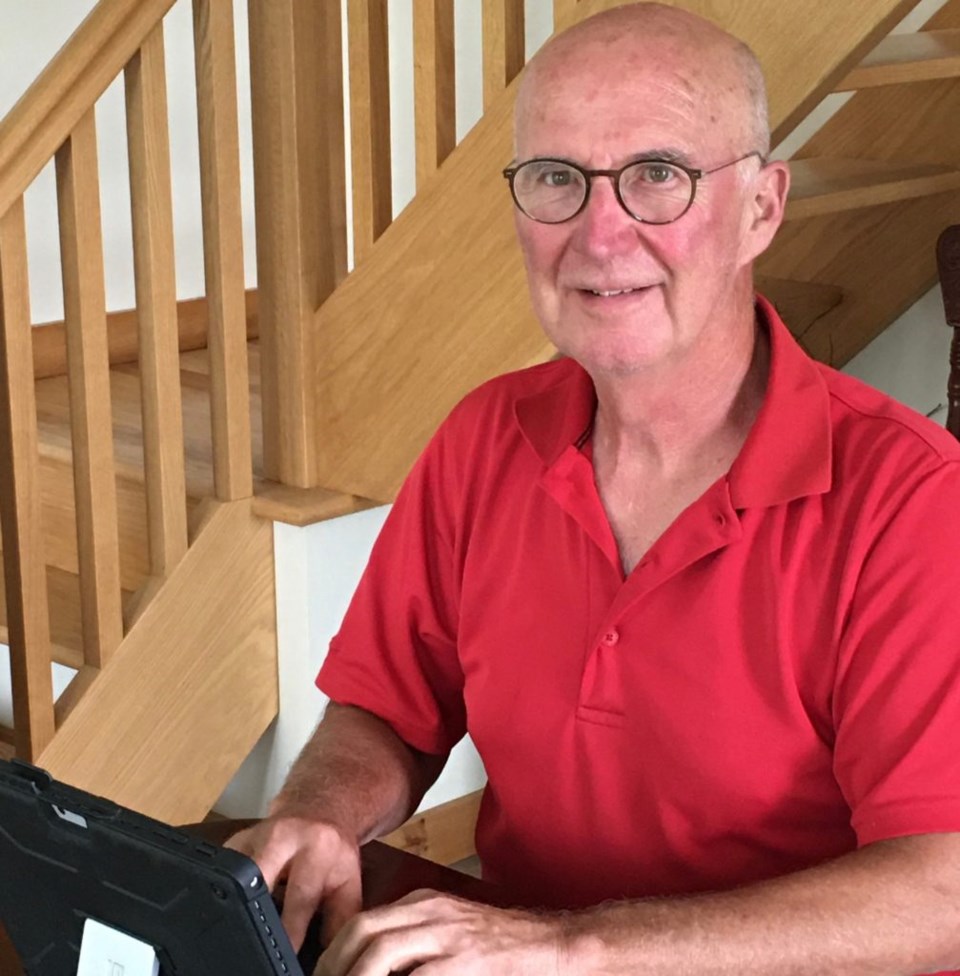
Since The Niagara Regional Campus (NRC) of the Michael G. DeGroote School of Medicine was established in 2008, it has improved medical care in Niagara by involving physician trainees in many clinical sites across the region, as well as attracting doctors to work in the region upon graduation.
The Michael G. DeGroote School of Medicine is a campus of McMaster University, providing training for 84 medical students and 26 post-graduate trainees, as well as many other medical learners who come for blocks of training in the Niagara Region.
The campus is home to more than 400 faculty members in a variety of medical specialties, of whom 200 are family physicians, as well as an administrative team. The campus is housed at Brock University, with classrooms and teaching space, as well as an anatomy lab.
Community and engagement from the NRC faculty and students have been strengths and cornerstones of the culture in the NRC. Teaching, clinical learning and scholarly research activity take place in collaboration with family physician clinics throughout the region, all hospital sites of Niagara Health, Brock University’s Faculty of Applied Health Sciences, the Regional Municipality of Niagara (Public Health and Community Services) and other healthcare and social service agencies throughout Niagara.
Last month, the NRC produced an interim Strategic Plan update, which reiterated the commitment to maintain a sense of community and engagement through intrinsic enthusiasm to teach and learn. The interim report outlines the four key NRC goals: scholarly activity excellence and impact; innovation, economic development and community engagement; access and equity; and innovation in teaching and learning excellence.
The NRC has seen recent growth in the development of a program of scholarly activity. These increased opportunities have allowed NRC students and faculty to achieve many national and international peer-reviewed, student-authored publications and presentations. Moving forward, the campus has increased its supports and leadership for community-based research, and secured funding for a professorship in family medicine, with plans to increase collaboration with community organizations and other programs of research.
Ongoing engagement opportunities have been established to serve marginalized populations for medical students, postgraduate medical trainees and NRC faculty. Clinical work and scholarly activity are ongoing, with the Regional Essential Access to Connected Healthcare (REACH), the Niagara Homeless Emergency Liaison and Peer Support (HELPS) and the Agricultural Worker clinics. NRC plans to continue to track participation in these activities and engage with stakeholders to ensure meaningful contributions to the work of the programs. Access and equity also are priorities for the NRC, with particular focus on engagement and connection to the underserved South Niagara community. Meetings with community leaders have fostered an environment to support medical education. Through intentional outreach and advocacy, there has been a consistent increase in faculty recruitment and learner placements in South Niagara.
Innovation in teaching, and learning excellence, are upheld by the Niagara Regional Campus. The move to increased virtual offerings throughout the pandemic has allowed NRC faculty to increase their involvement in, and consumption of, faculty development. Simulation is also used more frequently as a training technique, whereby individuals and teams are exposed to realistic clinical challenges through a variety of tools, including mannequins, virtual reality and standardized patients, to practise skills, communication and problem-solving in a low-risk setting. NRC has established and supported a positive teaching and learning environment for faculty and learners, and will continue to work toward these goals.
The Niagara Regional Campus has a focused vision and direction for growth and engagement with our community. The presence of a medical school in Niagara has benefitted our community through attracting and retaining high-calibre family physicians and specialists, training new physicians who choose to stay in Niagara for practice, and increasing research activity that directly improves patient care. Moving forward, the Niagara Regional Campus is eager to continue to improve the health of our citizens through high-quality healthcare education.
Dr. Larry W. Chambers is the research director, of the Niagara Regional Campus of the Michael G. DeGroote School of Medicine, and professor emeritus, Department of Health Research, Evidence and Impact, McMaster University.
Dr. Amanda Bell is a family physician, and the assistant dean of the Niagara Regional Campus, Michael G. DeGroote, School of Medicine, McMaster University.